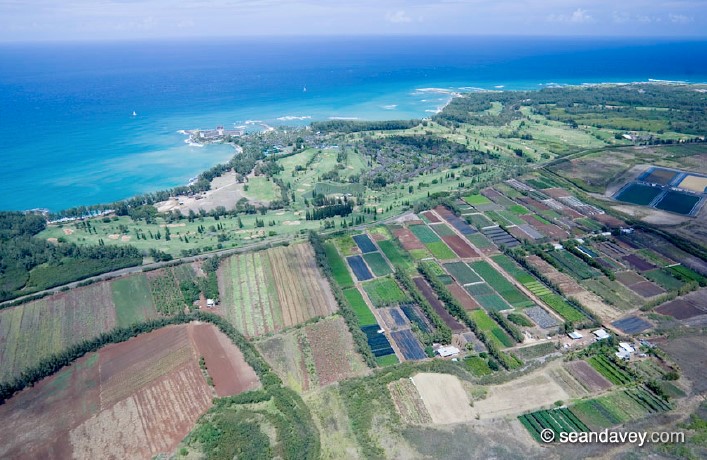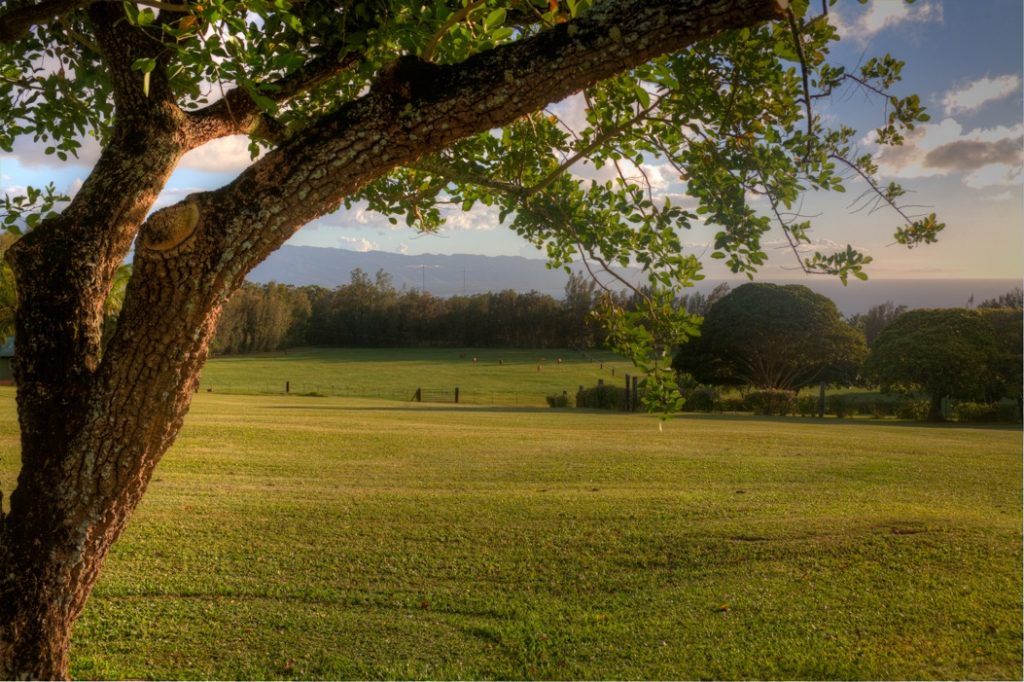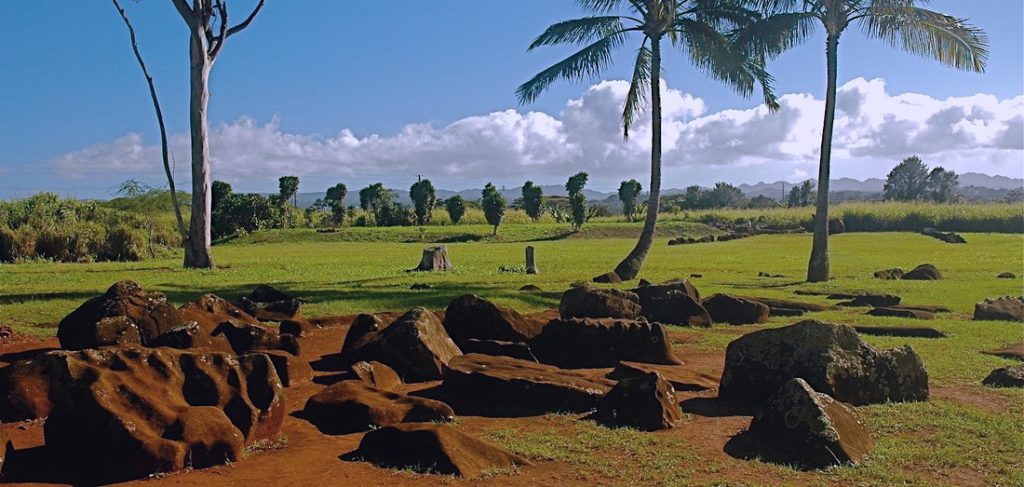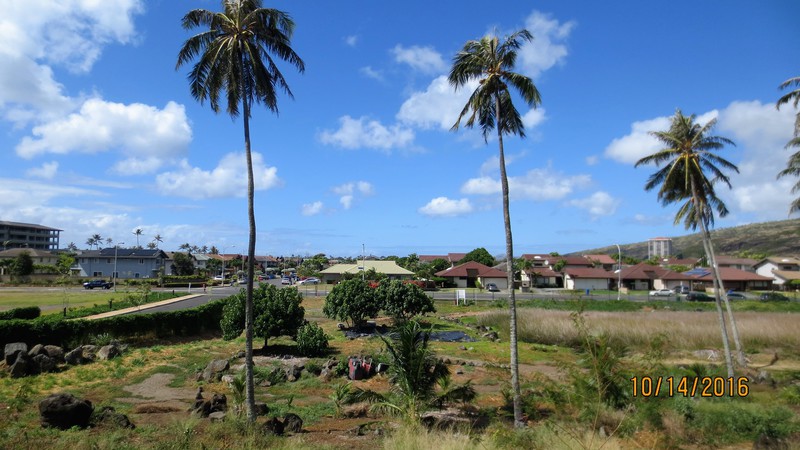Clean Water and Natural Lands
The Clean Water and Natural Lands Advisory Commission was established by majority electorate vote of Charter Amendment Question No. 11 of the 2016 General Election. The function and Duties of the Commission are to review and approve procedures with respect to the Clean Water Natural Lands Fund.
The purpose of the Fund is to acquire real estate or any interest therein for land conservation in the City and County of Honolulu to be consistent with the following purposes:
- Protection of watershed lands to preserve water quality and water supply;
- Preservation of forests, beaches, coastal areas, and agricultural lands;
- Public outdoor recreation and education, including access to beaches and mountains;
- Preservation of historic or culturally important land areas and sites;
- Protection of significant habitats or ecosystems, including buffer zones;
- Conservation of land in order to reduce erosion, floods, landslides, and runoff; and
- Acquisition of public access to public land and open space.

Clean Water and Natural Land Fund Projects
HAKIPU'U LO'I KALO

The City and County of Honolulu CWNL Program (“City”), the Trust for Public Land, Hoʻāla ‘Āina Kūpono, the Fukumitsu ohana, Hawaiian Islands Land Trust (“HILT”) and the State of Hawai’I Department of Land and Natural Resources’ Legacy Land Conservation Program came together to ensure the protection of the Hakipu’u Lo’i Kalo that sits at the foot of the Ko’olau mountains, Kaneohe Bay, and neighboring the Moli’i Fishpond. On July 22, 2020 the property was officially acquired and protected with a Conservation Easement acquired by the City with HILT as its administrative oversight partner. The Conservation Easement guarantees that the Hakipu’u Lo’i Kalo will be protected from development and will be used for education of kalo farming for present and future generations.
TURTLE BAY MAUKA

MAUNAWILA HEIAU

KA IWI COAST MAUKA LANDS

WAILUPE NATURE PRESERVE
PU'UKUA, WAIMEA VALLEY

KĀNEWAI SPRING

Kānewai Spring is one of Honolulu’s last natural springs. Kānewai Spring delivers fresh water into Kānewai Fishpond and Paikō Lagoon Wildlife Sanctuary – where the fresh water mixes with the salt water from the ocean, providing a habitat for rare marine life. Kānewai translates to the sacred life-giving water of the Hawaiian god Kāne. This natural spring served as an important food source for the local population. In the early 1900s the lands surrounding the fishpond and spring were passively ranched. In 1948, a residence was built by the spring and in the same year, Wailupe Fishpond nearby was filled and developed for housing. Throughout the years this site has developed into a residential area and Kānewai Spring sat uncared for until 2010 when the non-profit Maunalua Fishpond Heritage Center sought to malama and protect the spring. In recent years, the landowner had shown an interest in selling this property, which threatened the preservation of Kānewai Spring. The Trust for Public Land, Maunalua Fishpond Heritage Center and Livable Hawaii Kai Hui applied to the City’s Clean Water and Natural Lands program for funding in the amount of $1,000,000 towards acquisition of the property. The Department of Land and Natural Resources Legacy Program contributed a grant of $ 1,300,000 and other funding sources contributed $226,000 towards the overall acquisition cost of $ 2,526,000. The City’s real property interest is a Conservation Easement over the property in order to protect it from development and to maintain the natural state of Kānewai Spring.
sUNSET RANCH

Sunset Ranch is a property consisting of 27.44 acres located on the North Shore of Oahu. On July 21, 2012, the property was protected with a Conservation Easement for the purpose of agricultural preservation. The Conservation Easement was between Pietsch Properties as the Owner, and Maui Coastal Land Trust, The Department of Agriculture, and The City and County of Honolulu as Holders of the Conservation Easement. Maui Costal Land Trust has since transferred its interest in the property to North Shore Community Land Trust. Since its acquisition in 2012, Sunset Ranch has dedicated its property to forest restoration, animal husbandry, and planting native flora.
Wahiawā Lands

The Wahiawā property is 511 acres of land located in the City and County, Island of Oahu, bearing Tax Map Key Nos. (1) 7-1-001:026, 025, and 008. The Property is used for traditional Hawaiian agriculture and contains the Kūkaniloko Birthstones, one of the most sacred sites in Hawaii. On December 10, 2012, the Trust for Public Land and The City and County of Honolulu protected the property with a Conservation Easement for the purpose of agricultural preservation. TPL then transferred its interest in the property and the Conservation Easement to the Office of Hawaiian Affairs (“OHA”). OHA is now the fee owner and stewards the property. By securing the Conservation Easement, the Kūkaniloko Birthstones are protected from development and have a large buffer zone surrounding them to ensure the area is consistent with Hawaiian cultural values. Since its acquisition in 2012, the property has been stewarded by OHA who protect the birthing stones and continue to use the surrounding property for agricultural and soil studies to further research on Hawaiian agriculture.
HAWEA HEIAU

Hawea Heiau is a property consisting of 5 acres located in Hawaii Kai. The property is protected with a Conservation Easement for cultural and natural preservation purposes. The Conservation Easement was made on February 14, 2014 and is between Livable Hawaii Kai Hui as the Grantor, and the City and County of Honolulu as the Grantee. The property has high cultural and natural resource value as it includes about half of Keawawa wetland and is home to endangered and native species of flora and fauna. Two registered archeological sites are on the property and are protected from development. Public access is permitted to Maunalua residents, Hawaiian cultural practitioners, volunteers, and members of the general public who access the property to offer oli and pule (chant and prayer), volunteer for restoration work, gather traditional materials, and observe native species.
